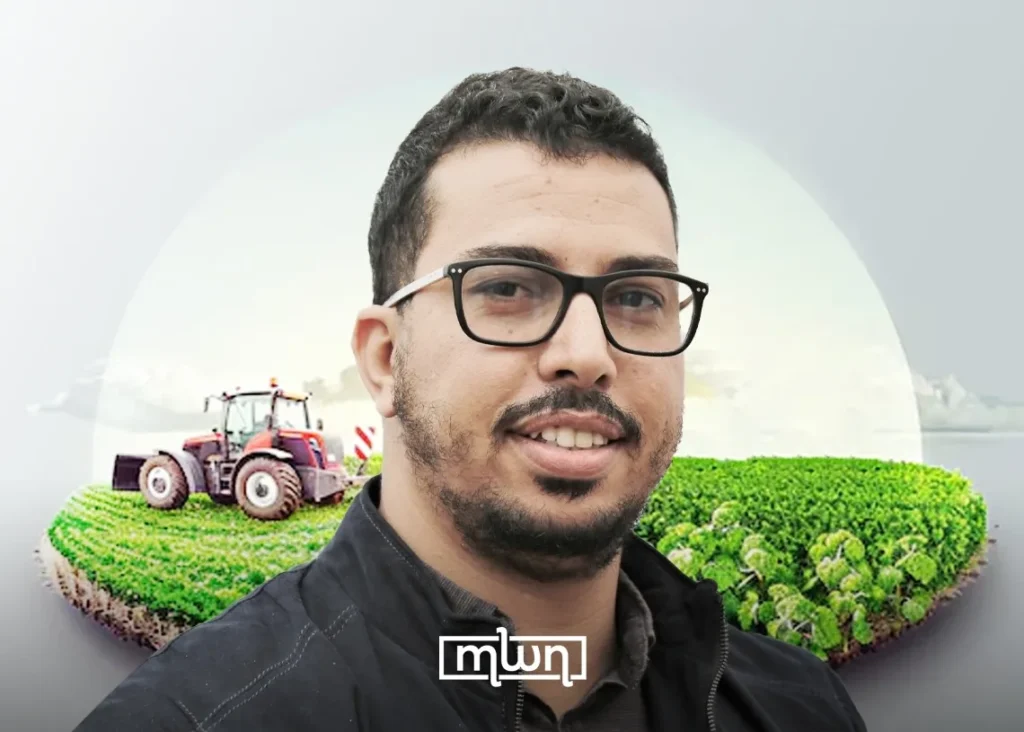
Morocco World News (MWN) interviewed Abdelaziz Hirich, a professor specializing in agriculture in marginal environments at University Mohammed VI Polytechnic (UM6P), to discuss the growing importance of biosaline agriculture. According to Hirich, this innovative farming method is quickly becoming a necessity, especially in regions experiencing rising soil salinity and water scarcity. He highlighted the global urgency for biosaline agriculture, pointing to alarming statistics: one billion hectares of land worldwide are impacted by salinity, including 80 million hectares in Africa and one million hectares in Morocco. These figures underscore a wider crisis that jeopardizes food security, agricultural productivity, and rural livelihoods.
Biosaline research in Morocco
Since joining UM6P in 2020, Hirich has spearheaded several biosaline agriculture initiatives across Morocco, particularly in marginal environments where conventional crops struggle due to high salinity and drought stress. These projects emphasize salt-tolerant crops like quinoa, blue panicum, sesbania, cowpea, and halophytes such as salicornia. Additionally, they promote sustainable irrigation using saline groundwater as an alternative to freshwater and involve farmers through participatory research to adopt new agricultural models.
UM6P’s research in this field is highly practical, engaging farmers directly through 15 experimental platforms that serve as “living laboratories” to test crops and irrigation techniques under real conditions. These platforms are spread across Morocco’s southern provinces, including Laayoune, Smara, Tarfaya, Boujdour, Bir Anzarane, and Dakhla, as well as other regions like Doukkala, Rahamna, and Khouribga. A notable initiative is UM6P’s new farm in Boujdour’s Jrifia area, where desalinated groundwater is being used for large-scale agricultural development in partnership with the Moroccan Ministry of Agriculture.
“These demonstration platforms help farmers in newly irrigated areas transition to more resilient agricultural practices by providing technical expertise and support,” explained Dr. Hirich. By working closely with farmers, testing crops in their fields, and scaling up successful techniques, UM6P ensures its research delivers tangible benefits.
Dr. Hirich, who is based at UM6P’s African Sustainable Agricultural Research Institute (ASARI) in Laayoune, is committed to making a real-world impact. “Our philosophy at the center is not just to conduct research for publication but to create meaningful change for local communities, especially farmers,” he emphasized.
Challenges of adopting biosaline agriculture
Despite its potential to revolutionize agriculture in arid regions, biosaline farming faces significant challenges. One major hurdle is the limited availability of salt-tolerant crop varieties, as major seed companies prioritize conventional crops suited for freshwater irrigation. “Most big seed companies do not invest in salinity-resistant crops because they focus on fruits and vegetables that require fresh water,” Hirich explained.
Another challenge is farmer resistance to change. Many farmers continue to grow traditional crops like maize and alfalfa, even as soil salinity leads to declining yields. “Sometimes, farmers don’t realize they have a salinity problem, or they are too accustomed to their usual crops. Even when maize stops thriving, they will still try to grow it,” Hirich noted.
Market preferences also pose a challenge. Farmers favor high-value crops such as berries and tomatoes, which are sensitive to salinity but offer better economic returns. While salt-tolerant crops like quinoa and blue panicum are gaining commercial viability, scaling up production remains difficult. “Biosaline crops are often less profitable than traditional cash crops, but for farmers with no other options, they provide an alternative to abandoning their land,” Hirich said.
Policy barriers further complicate adoption. In Morocco, biosaline agriculture has not been clearly integrated into national agricultural strategies such as the Green Morocco Plan and Generation Green Plan. At the same time, the country is grappling with its seventh consecutive year of drought, severely impacting agriculture, industry, tourism, and daily life. While Morocco has prioritized desalination projects to secure more freshwater, Hirich argues that biosaline agriculture, especially utilizing saline groundwater, could serve as a complementary solution to ease the pressure on freshwater resources.
Click here to read the full article and explore its potential solutions!

Leave a Reply